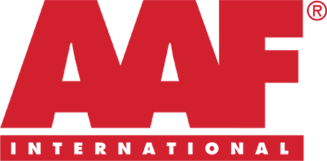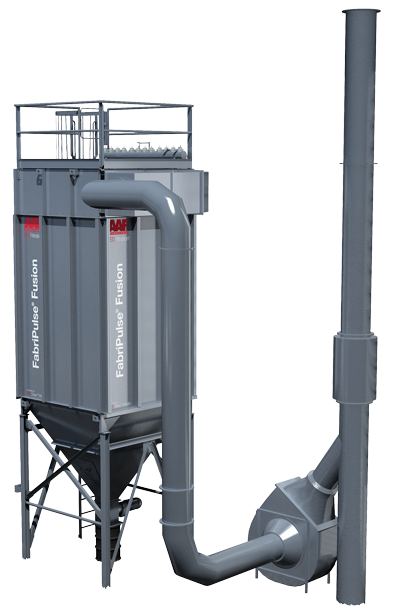
Due to the basic components and inherent characteristics of most food products, food industry filtration problems are unique. It is not uncommon to find moisture, fats, oils, or abrasive components in many natural products. No other industry has as many potential dust filtration problems as the food industry.
Dairy products, for example, utilize many powders that are hygroscopic, greasy and potentially explosive. These characteristics present many difficulties for dry media collectors that will not be a problem with wet dust collectors. Milk, cheese, ice cream, and whey powders are examples of products that readily lend themselves to wet collection of their fugitive dust emissions. Mixing, dumping, conveying, and packaging are all processes where powdered products can produce hazardous and potentially explosive dust clouds, not to mention messy workplace conditions if not controlled at its source.
Dusts that are sticky in nature can be difficult for any dry dust collection system. There are dusts, like plaster dust, that are easily filtered by dry collectors until moisture or humidity is present. Food dust created during the processing of cereal, rice, flour products, salty snacks, candy, and sugar products put off moist, oily, or sticky dusts that would normally clog a fabric collector.






